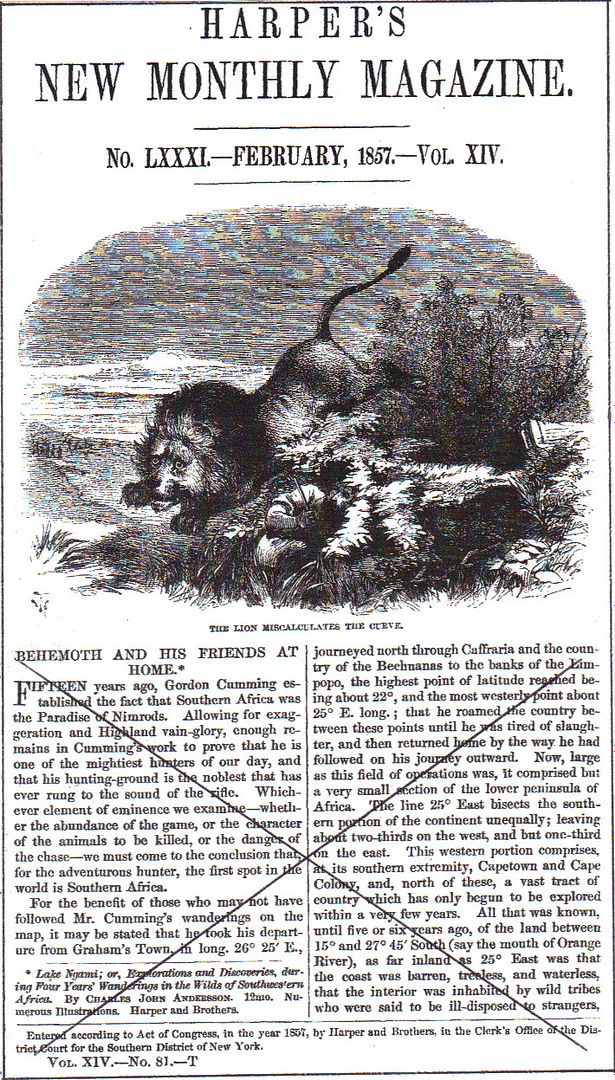
Posted on 02/01/2017 4:52:50 AM PST by Homer_J_Simpson

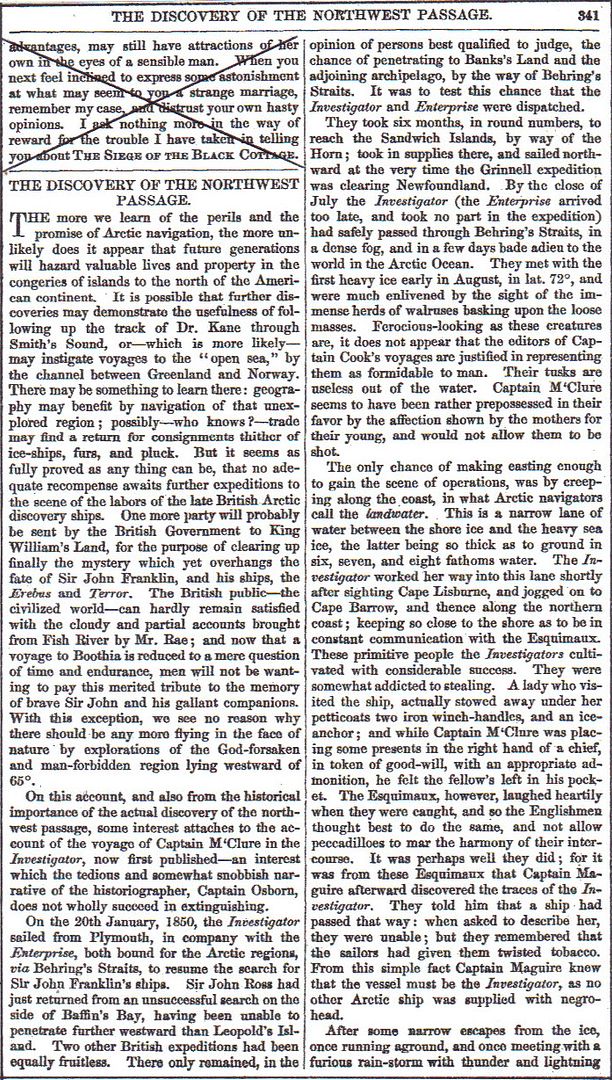
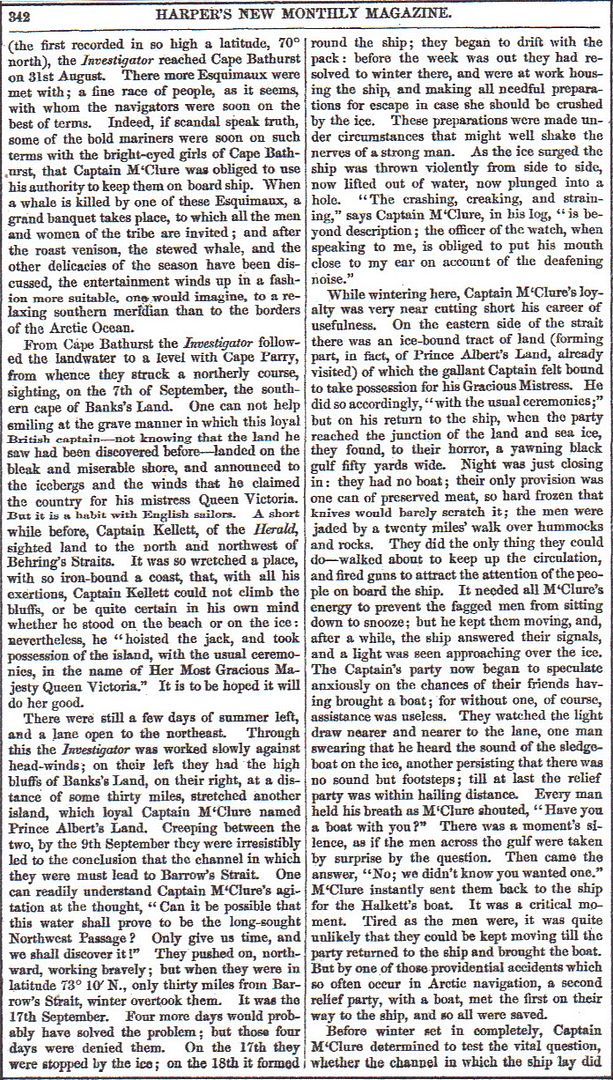
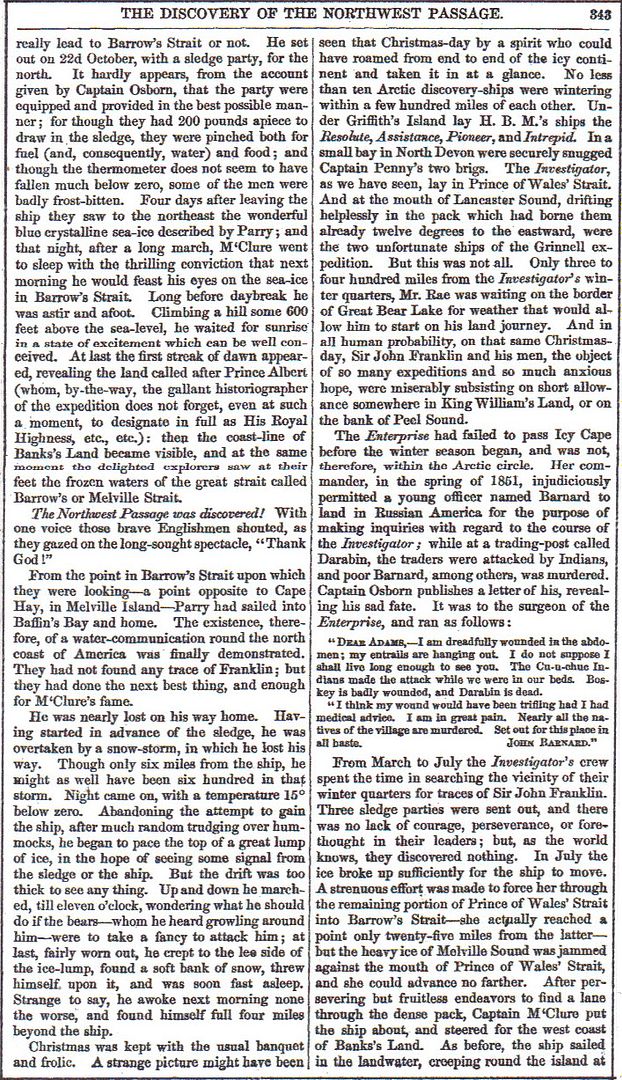
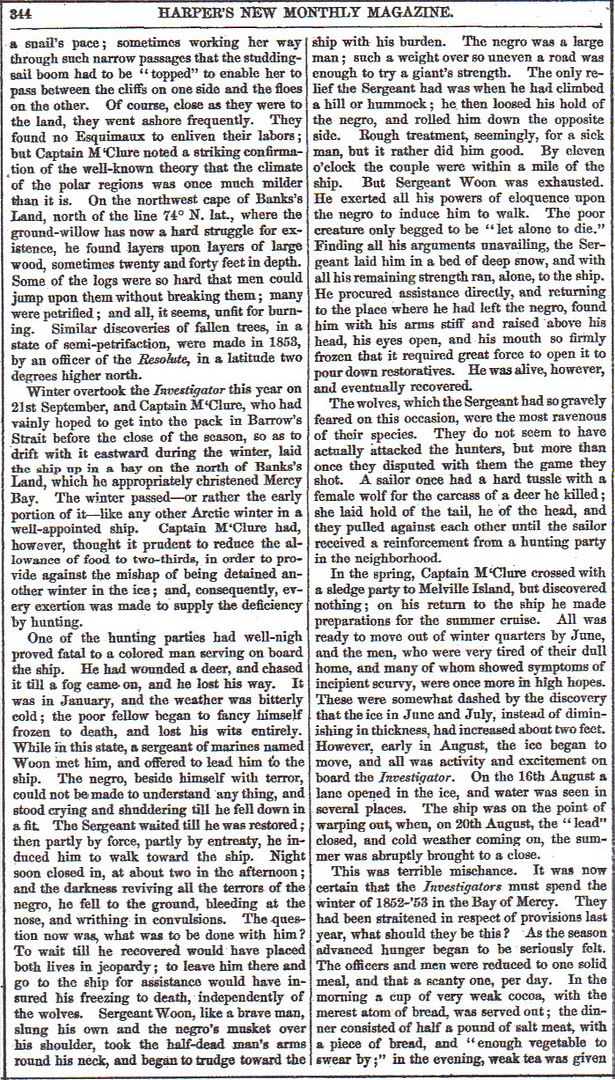
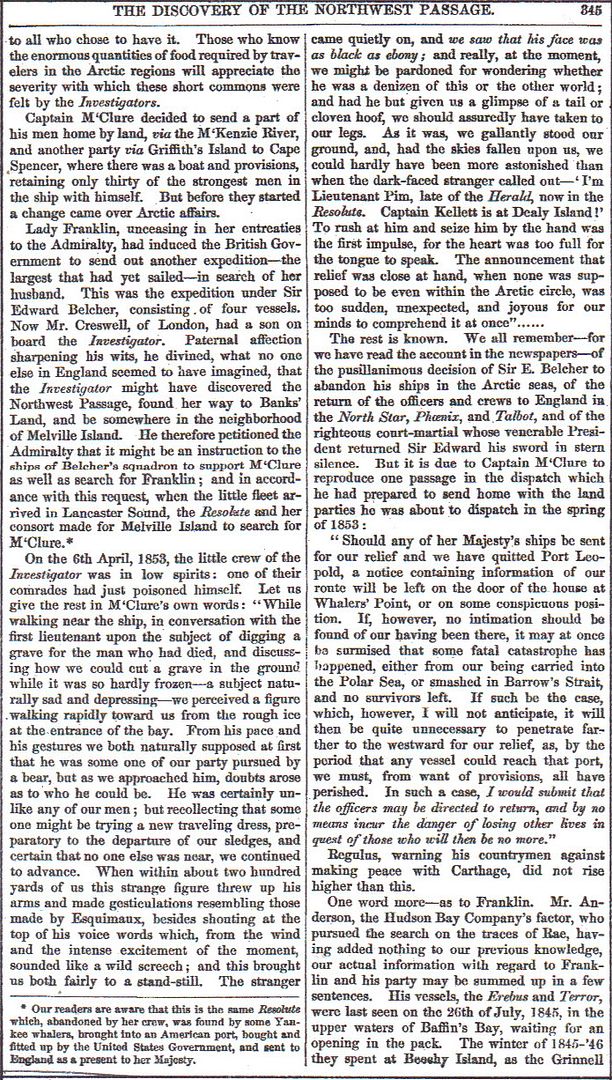
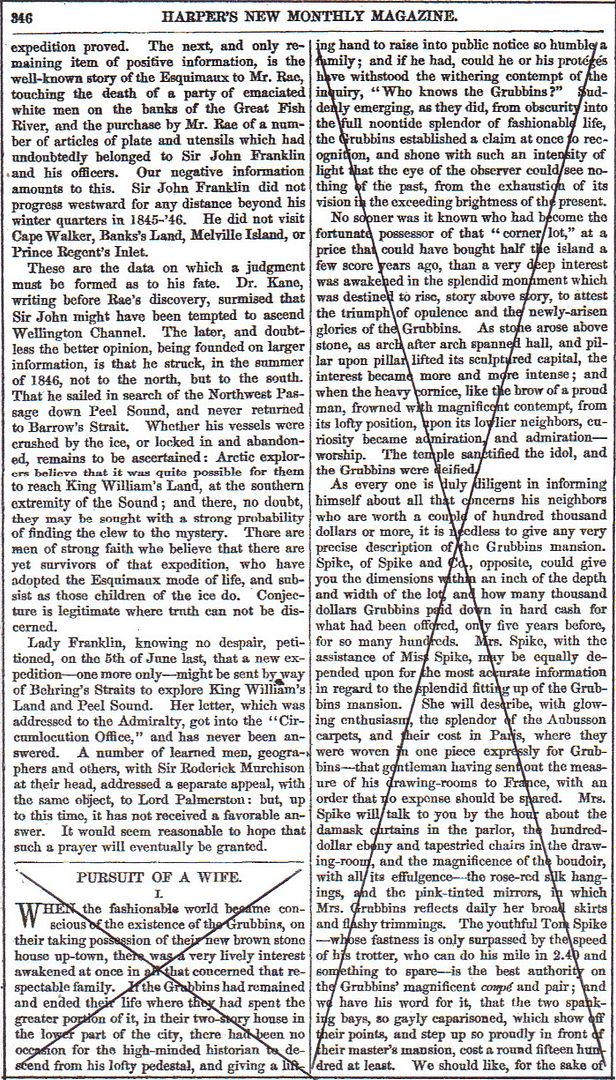

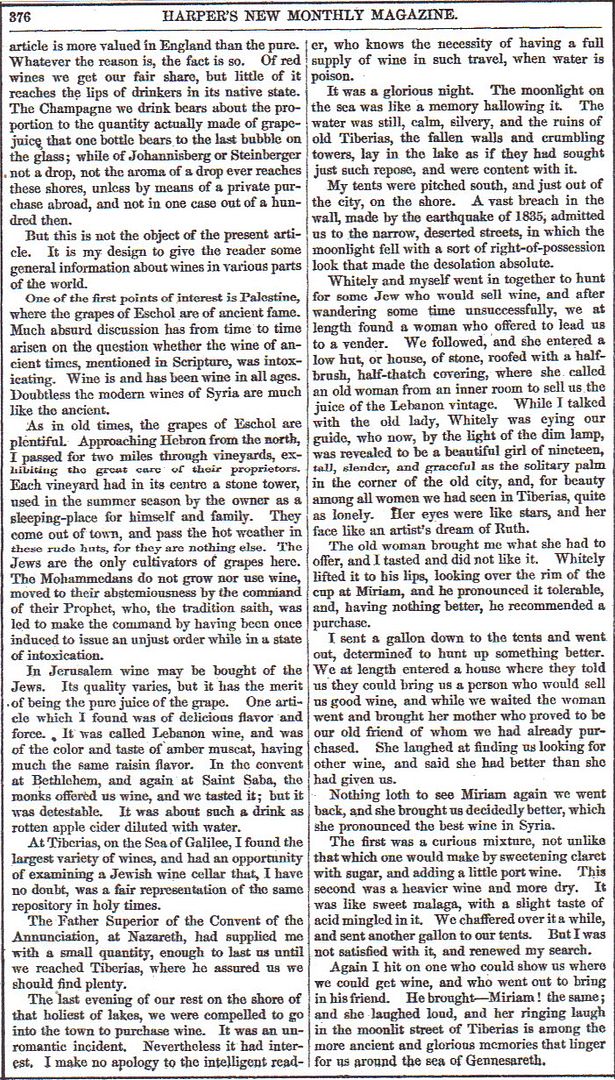
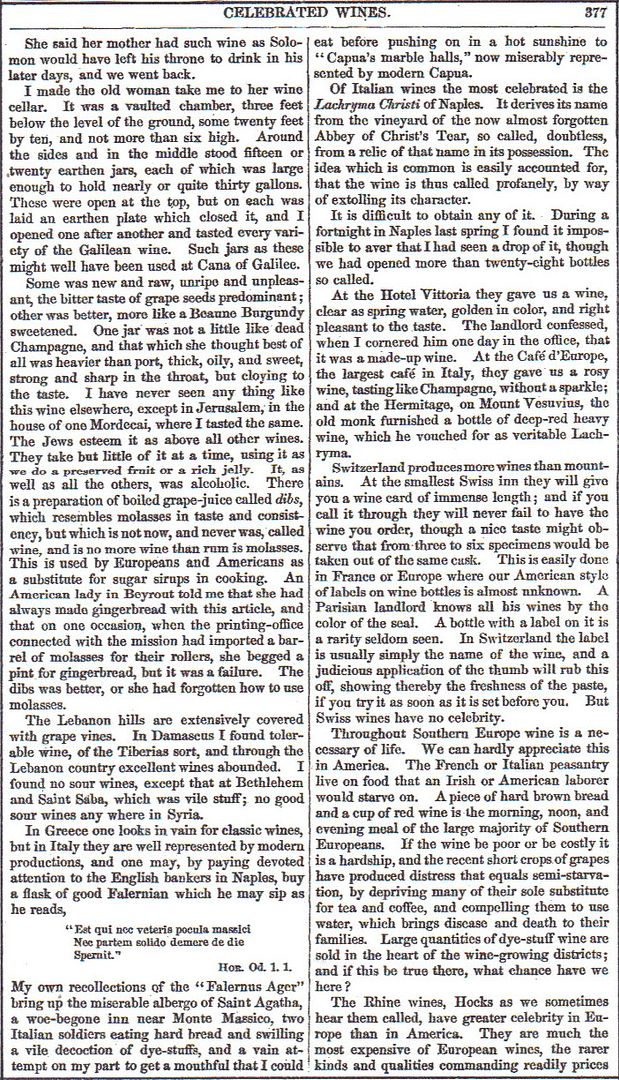
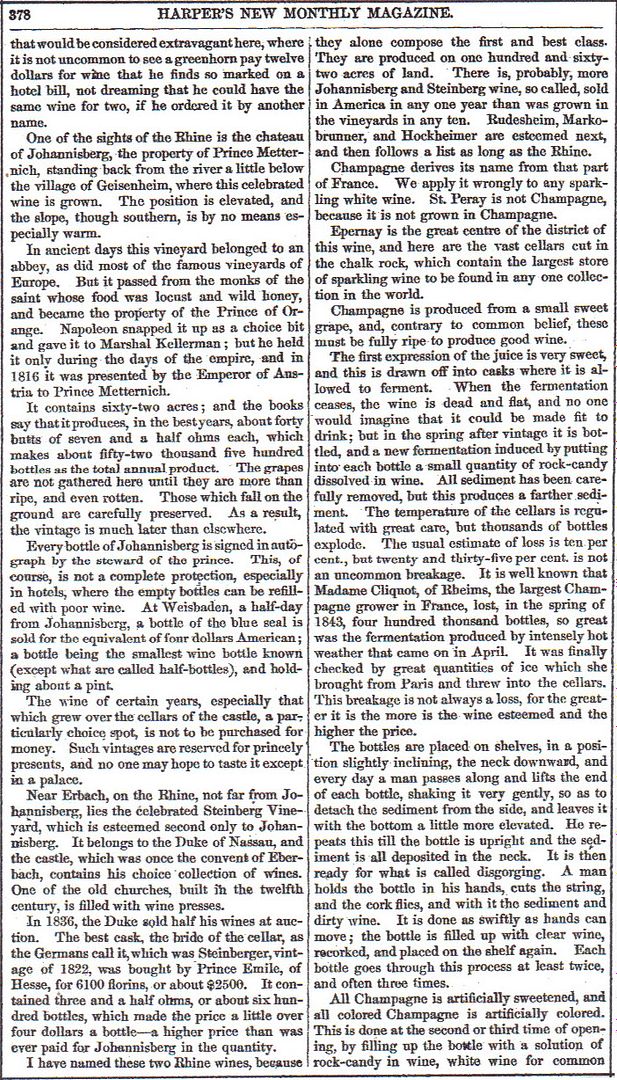
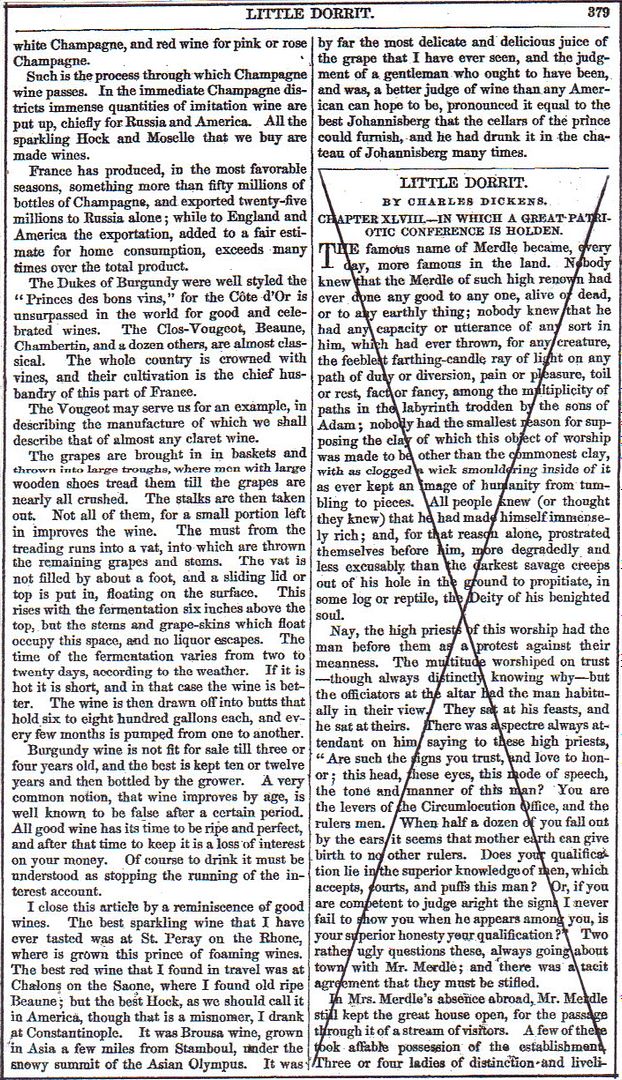
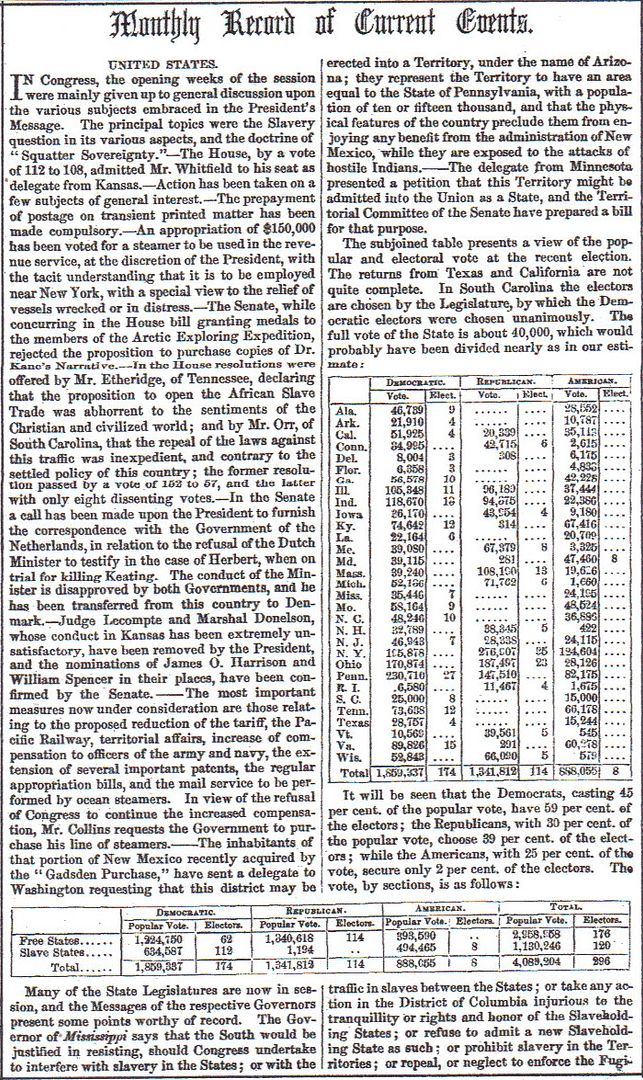
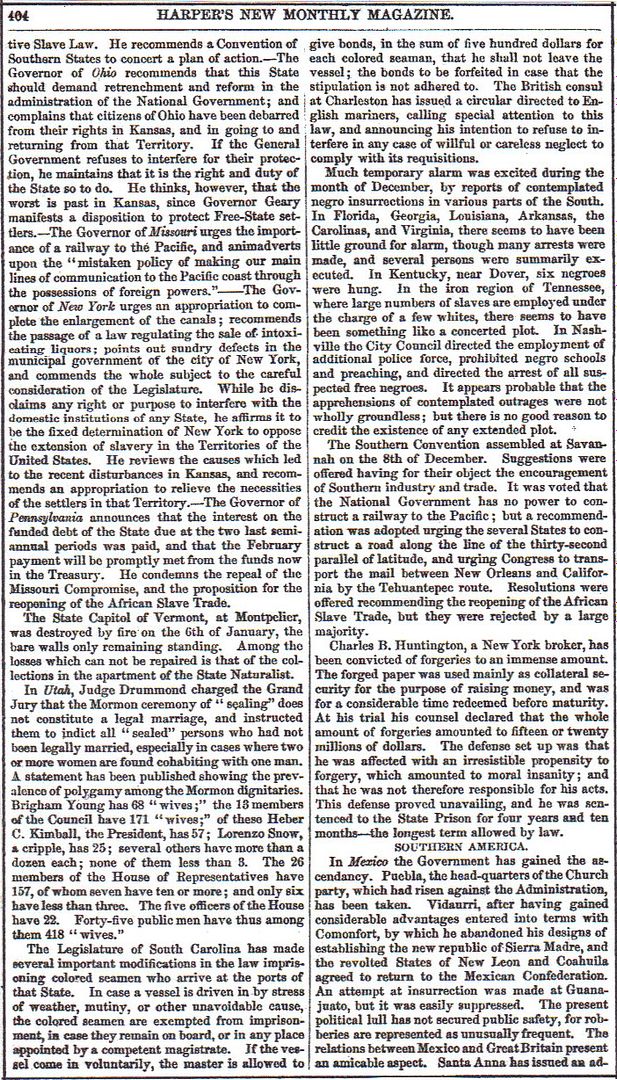
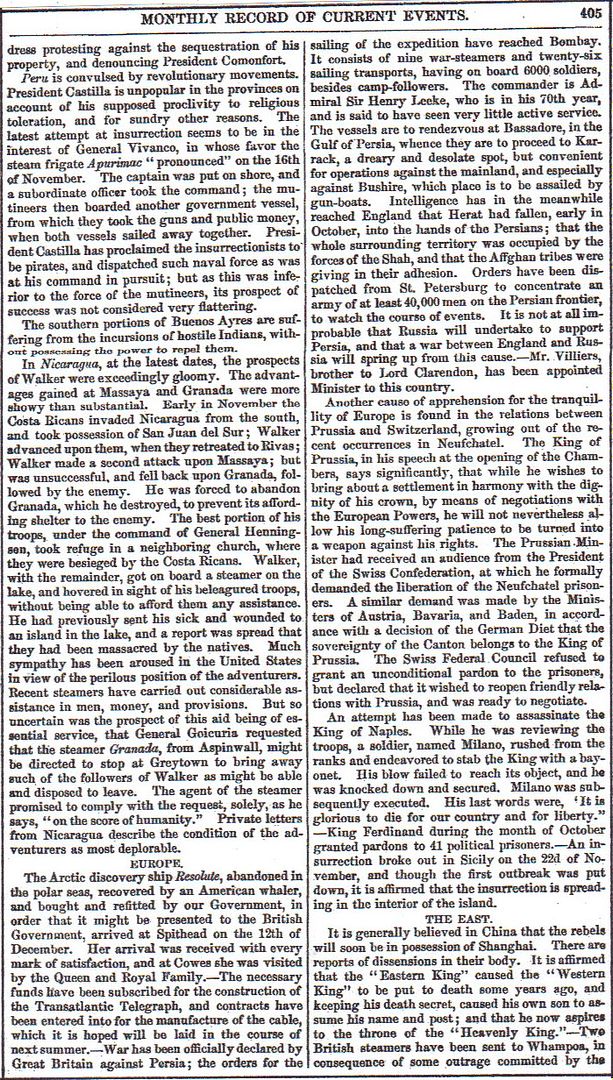
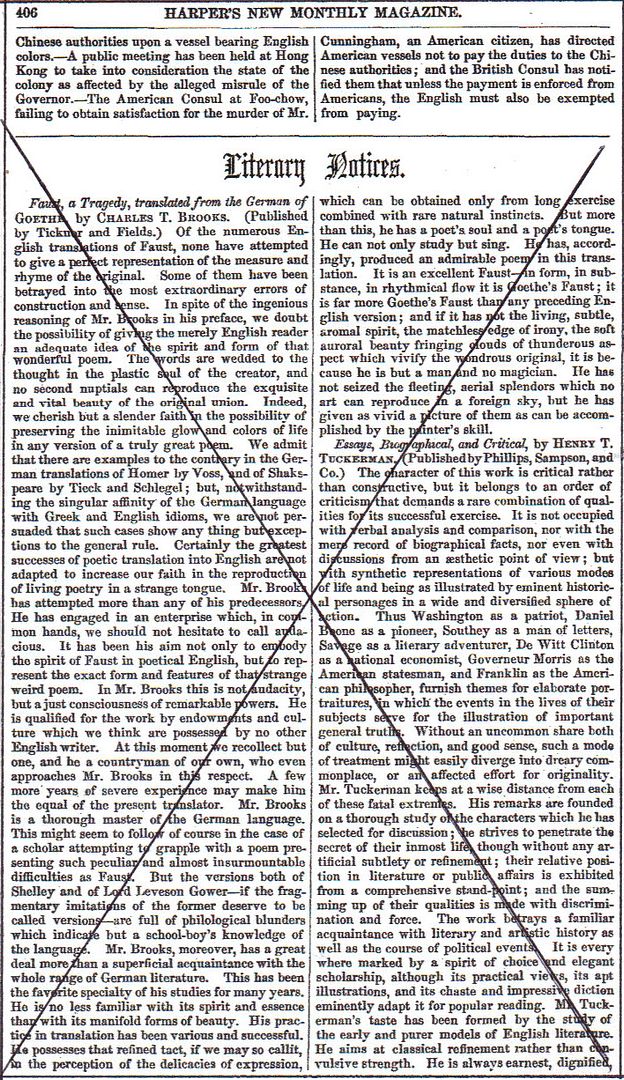
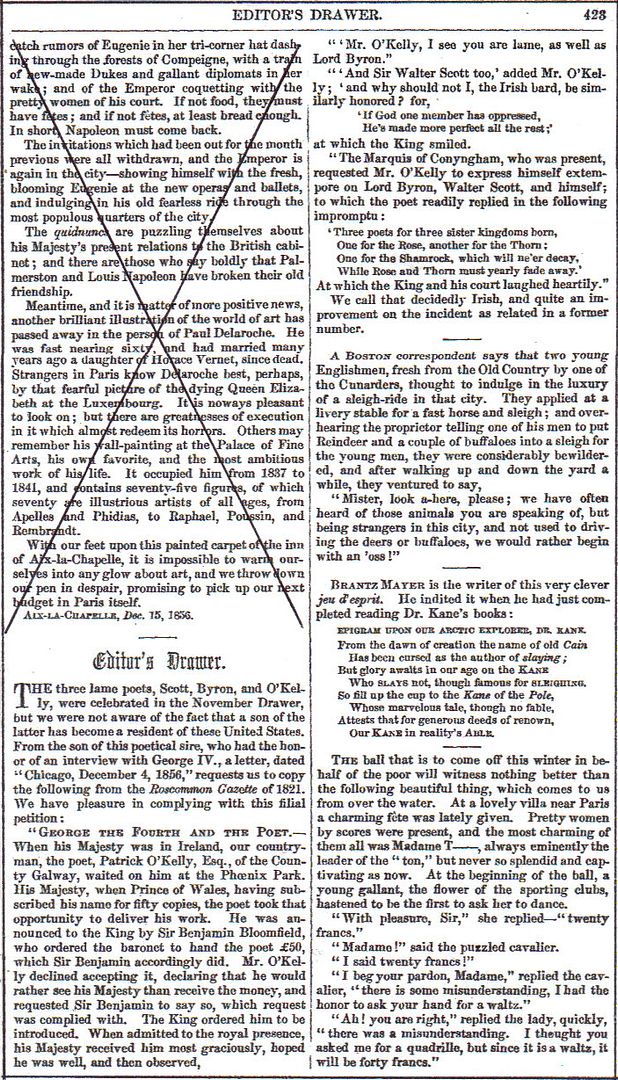
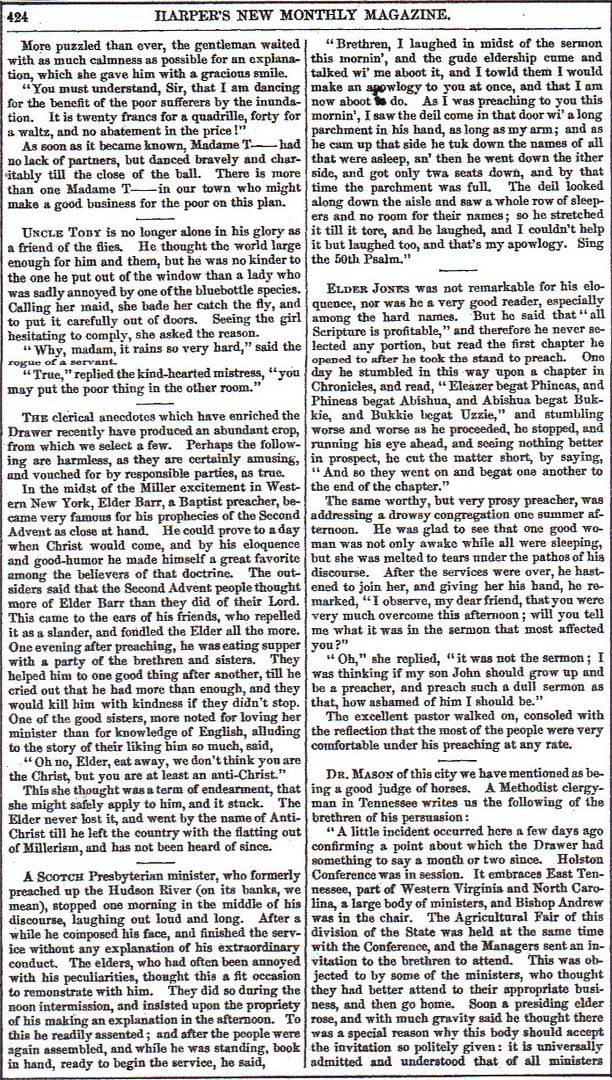
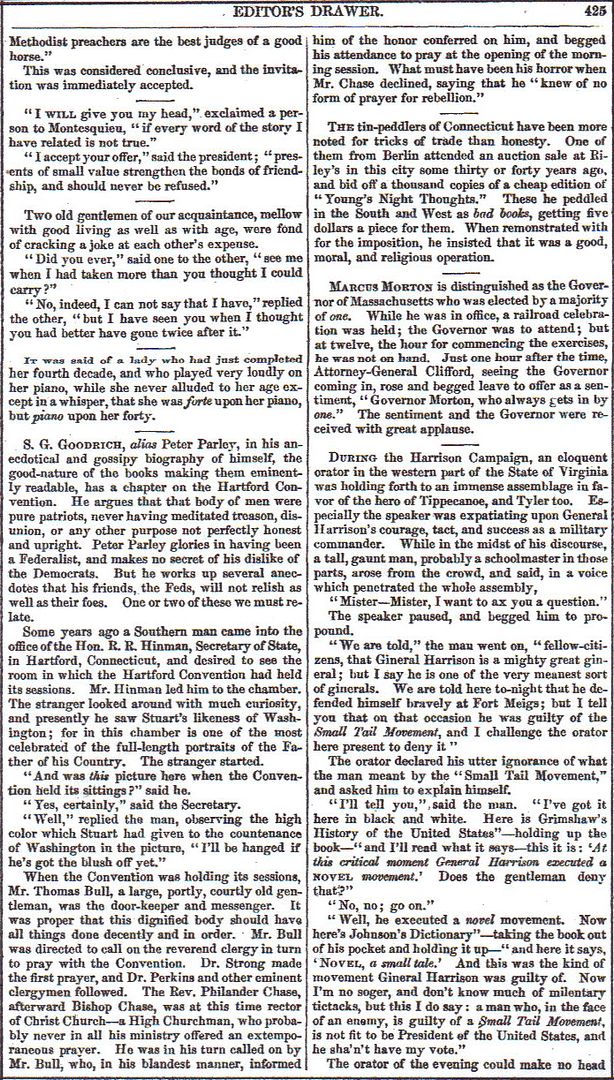
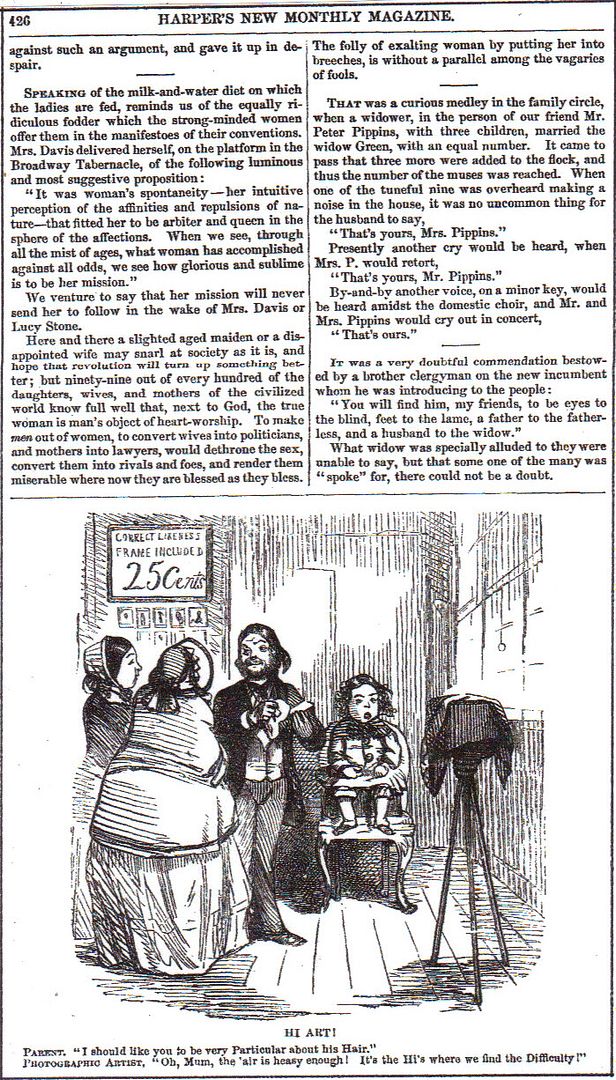
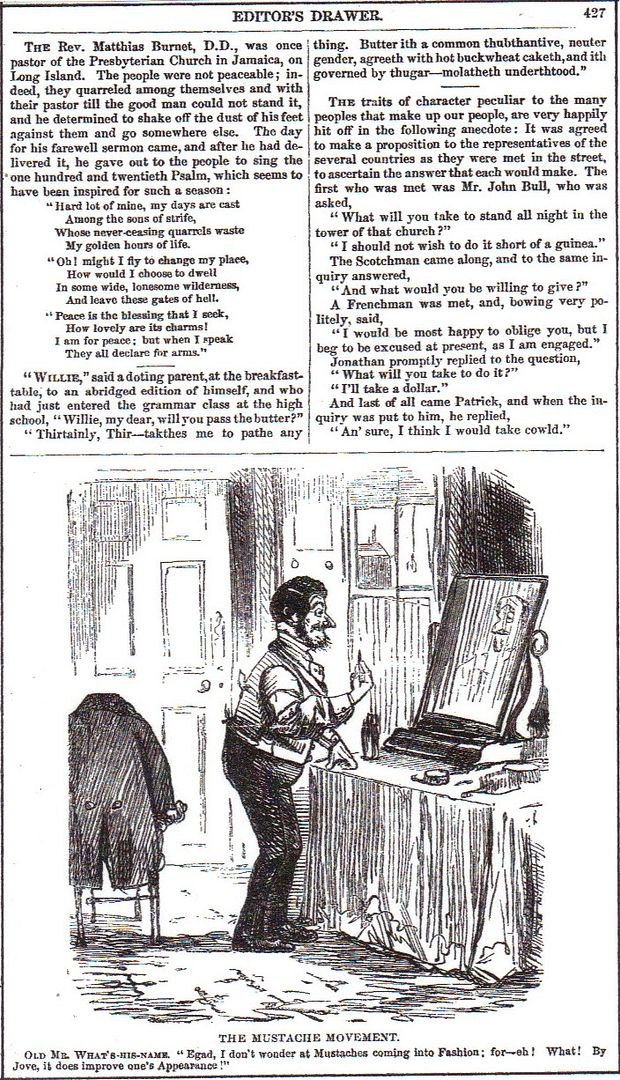
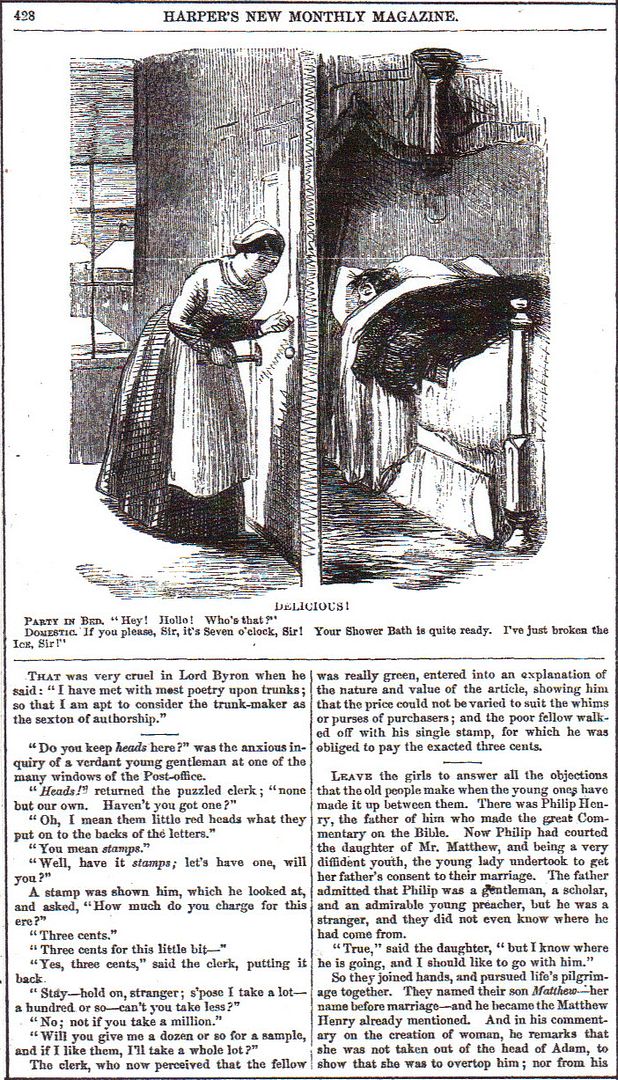
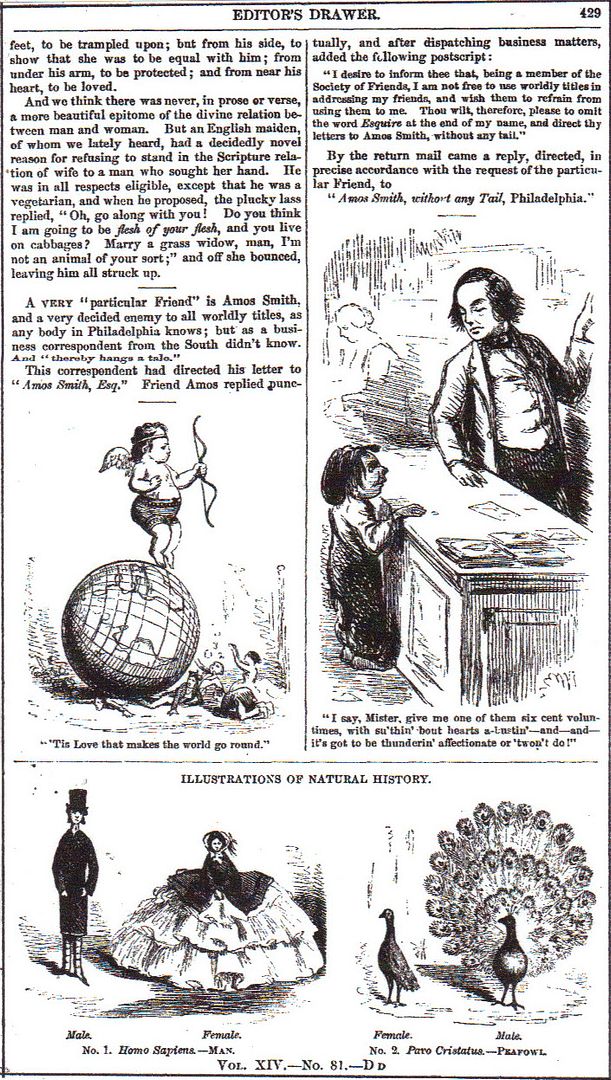
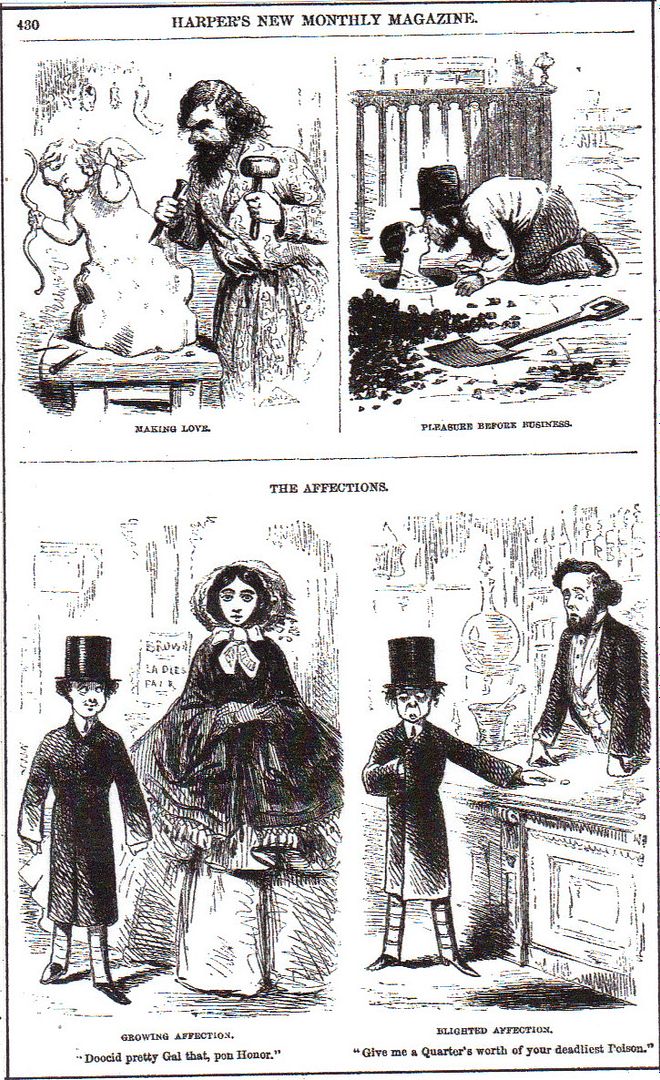
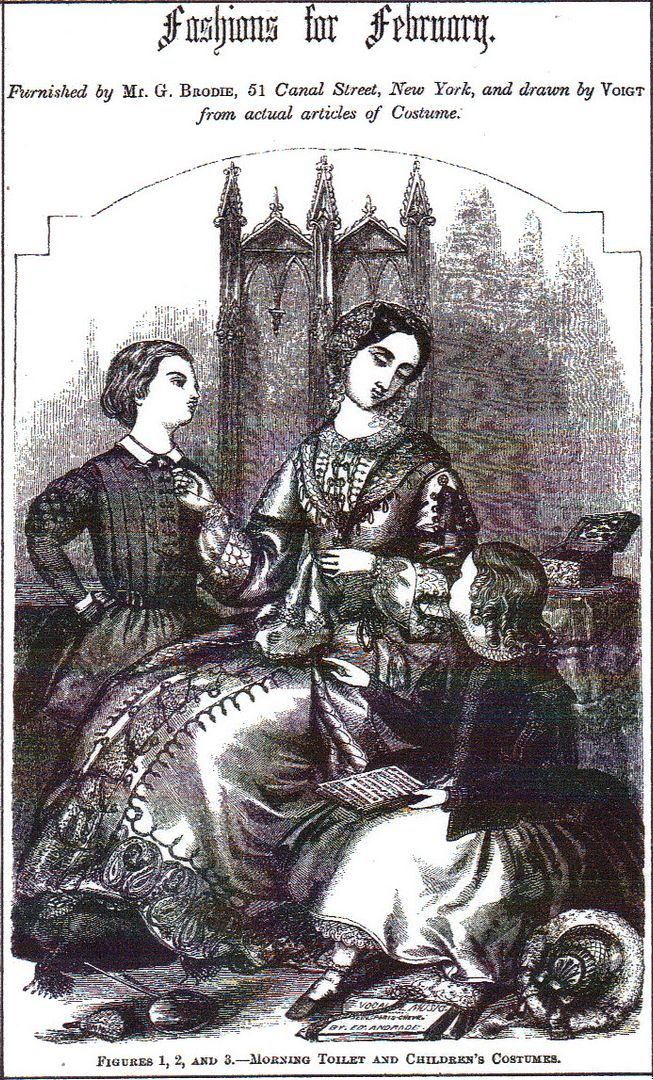
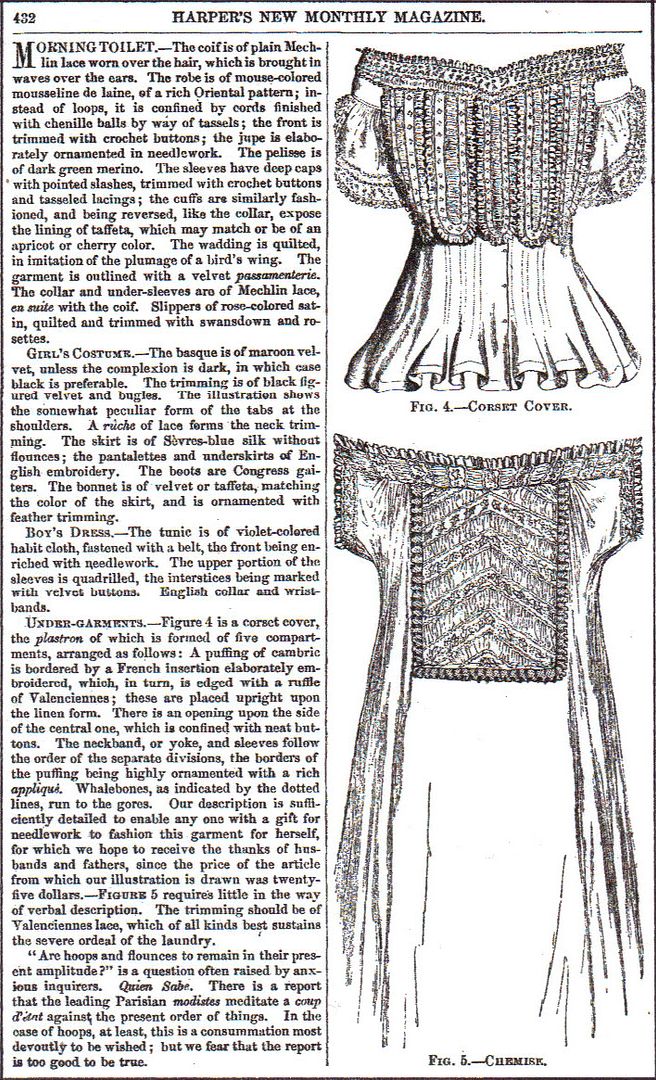
Divinely inspired? Or tempted the Almighty once too often?
The Declaration of Independence says, "To prove this, let facts be submitted to a candid world," and goes on to give a list of reasons why their feeling of oppression was based on facts that unbiased observers would recognize as justifying revolution and independence.
Substitute Coal in a Coal producing region, and ask yourself the same question. If the Federal government decided to ban coal, and if coal is essential to the economics of your society, your choices are to obey and become impoverished, or to defy them in an effort to maintain your economic system.
My choice is to work in Congress to change things. If that doesn't work, we'll negotiate a separation. But simply declaring that my state is out of the country and entitled to all federal property in our borders isn't the way to go. Why is that so hard to understand?
I merely pointed out that New Jersey was being a hypocrite, while South Carolina was not. New Jersey saw it as wrong, yet did not end it completely, while South Carolina didn't see it as wrong.
You see hypocrisy because it's what you're always looking for. Few New Jerseyans made a display of their moral rectitude. They saw a problem and took steps to fix it. South Carolinians found ways to love and defend and extol the problem -- and they did make a display of that. New Jerseyans were quiet, low-key, and unemotional about fixing something that they didn't like. They weren't hypocrites because they weren't flaunting any kind of moral superiority.
No it wouldn't have, but it is not unreasonable for those people to have believed at the time that every obstacle against it would have been thrown at them by the Lincoln administration.
There would have been no proclamation or legal justification for it if there wasn't a war going on.
And a war made it legal? What part of the constitution was that under?
If it's purely subjective whether a right to revolution exists, it's subjective all the way around. Your subjective assertion that your rights are being violated conflicts with my assertion that they aren't and the result is war.
King George did not agree with the colonists that they had been abused. They thought they had. Citing their example, I would suggest that the precedent is to favor the dissatisfied people, not the advocate of the status quo.
But it's not even that your "rights" were being violated, it's that you think that they might possibly be violated some day. That doesn't sound like a real rationale for revolution or rebellion. There was something opportunistic about secession: the leaders were trying to exploit a momentary panic. They weren't committed to working within the nation, but were using the emotionalism of the moment to enhance their own power.
And so the public was stampeded into wanting independence. Tell me, how closely have you studied the founding era? Only 1/3 of the population was truly committed to independence. Another ~ 1/3 was opposed, and the remaining 1/3 was apathetic.
I would say the fact that they got it past a vote is sufficient legitimization for the direction they wished to take their states.
Moreover, Lincoln knew and was friends with Alexander Stephens. He was in Congress with Stephens, Toombs, Cobb, and Rhett. They knew him. They knew what he was like. They knew that the hysteria about Lincoln's election didn't reflect what the man was actually like. They knew he wasn't a true abolitionist. But they chose -- for whatever reasons of their own -- to go along with the hysteria and promote it, rather than discourage it.
And this is true. Lincoln was likely not a real threat to the institution of slavery. He could trim off a bit of it around the edges, but he would never really be able to do anything about the main body of it given his limited power.
People in the know would have realized this, so what possible motive could they have had for seizing upon the situation to demand independence?
I always say "follow the money." Who gains? Who loses?
You and I know that the Wealthy in the South would have gained immensely from independence. They would see an immediate boom in their sales and profits. The general economy in their area would have also profited, but it would have benefited the wealthy and powerful the quickest and the most.
Who would lose? New York and surrounding areas.
Seriously? Are you going to argue someone else did it? Are you going to argue it didn't happen? Where are you trying to go with this?
At a time when the only non-monarchy in the world was in Switzerland, what possible argument could persuade monarchists that overthrow of the King is justified?
Their response would have been "The King abused you? So? "
My choice is to work in Congress to change things. If that doesn't work, we'll negotiate a separation.
And Congress than tells you, "No. Just die already." Then what?
But simply declaring that my state is out of the country and entitled to all federal property in our borders isn't the way to go. Why is that so hard to understand?
Since the purpose of the "federal property" was the protection of the geographical areas around it, the function for which it was ceded was no longer valid. As a matter of fact I recall reading a discussion among Lincoln's cabinet of what to do with Anderson's men if the South allowed fort Sumter to be provisioned. One of them was actually afraid of the possibility their resupply mission would succeed.
The point being that they would have a bunch of men in a fort serving no useful purpose whatsoever, and it would become embarrassing.
They weren't hypocrites because they weren't flaunting any kind of moral superiority.
To the contrary. I've read plenty of letters/editorials, not necessarily from New Jersey, but from Northern "free" states, roundly condemning and criticizing anyone who hadn't seen the moral enlightenment that they themselves have grasped.
It was as if they were preaching about Gay wedding cakes or some such.
No, the arrogant smug morality protruding from the "morally superior" states was probably a very large part of why the South simply didn't want to be connected with them anymore.
And Lo and Behold, the North East is still morally preaching at us about how wicked we are as human beings for not embracing gay marriage, Muslim savages, and abortion.
Same sh*t, different century.
More BS. Lincoln opposed the expansion of slavery. He wasn't going to threaten it where it was. Probably the free states wouldn't go along with slave hunters looking to track down runaways and bring them back, but that was happening without Lincoln doing anything about it.
And a war made it legal? What part of the constitution was that under?
Presidential war powers. Try to keep up or stop playing dumb.
Citing their example, I would suggest that the precedent is to favor the dissatisfied people, not the advocate of the status quo.
Because they won. Because they convinced people that they really had been oppressed, rather than oppressors. Not every revolution, not everybody who claims they're oppressed, is ultimately justified. "Dissatisfied people," like unruly teenagers, aren't always right or justified.
Tell me, how closely have you studied the founding era? Only 1/3 of the population was truly committed to independence. Another ~ 1/3 was opposed, and the remaining 1/3 was apathetic.
Different situations. War had already begun in 1775 before independence was declared. The shooting was already going on. The Confederates, by contrast, wanted their revolution first, and then their war. They were more driving events than driven by them. The case was different in the 1770s.
You and I know that the Wealthy in the South would have gained immensely from independence. They would see an immediate boom in their sales and profits. The general economy in their area would have also profited, but it would have benefited the wealthy and powerful the quickest and the most.
Who would lose? New York and surrounding areas.
No, we don't know that. Slave owners were afraid of losing their slaves. They wanted the power that came with having their own country. But independence would have shaken things up and just who would benefit economically or what would happen to the general economy wasn't so easy to predict. Probably the rich do come out on top, but I wouldn't assume that everything would be hunky dory for the slaveowners just because they shook off the United States or that New York was doomed because half the country was gone. Maybe, maybe not.
I always say "follow the money." Who gains? Who loses?
You're pushing Marxist economic determinism, but human affairs are a lot more complicated than that.
And this is true. Lincoln was likely not a real threat to the institution of slavery. He could trim off a bit of it around the edges, but he would never really be able to do anything about the main body of it given his limited power.
Which contradicts what you were going on about before.
That is not remotely what the situation was like in 1860.
No, the arrogant smug morality protruding from the "morally superior" states was probably a very large part of why the South simply didn't want to be connected with them anymore.
As with today's Internet, you can always find somebody somewhere saying something you disapprove of. That has very little to do with the comparison you were drawing between New Jersey and South Carolina.
A society that tries to fix something is likely to be regarded by one that doesn't care to as conceited or stuck up or "morally superior," but in this case it doesn't fit the facts.
New Jerseyans weren't making a show of their superiority to anybody else. Compared to some Virginians or South Carolinians they were rather modest and unassuming.
And why penalize people for making an effort to fix something? Why let those who don't bother off the hook so easily with charges of hypocrisy against those who do?
You were blathering about some cockeyed notion about a hypothetical threat to end slavery representing an existential threat to the south and, among the other silly crap you spewed, you said, “The People of the South thought he would, and when he had the chance, he did in fact do this.”
I replied that he didn’t and the facts bear me out. Your claim might have a fingernail hold if Lincoln had declared all slaves free in the wake of Sumter (not that he would), but he didn’t. It wasn’t until almost three years later that Lincoln issued the Emancipation Proclamation, freeing southern slaves. It wasn’t first, second, or third on his mind.
This claim is a phony as everything else you spew.
You mean he was willing to seal in a system of political power where the South could never again attain a sufficient majority to affect Federal law to level the playing field between themselves and the North.
Presidential war powers. Try to keep up or stop playing dumb.
Where are the limitations on these powers? Could he have simply murdered everyone in the South? Was that within his Presidential authority? Lincoln evaporated 4.5 billion dollars of their holdings. Basically the bulk of all their capital. It would be little different from a conqueror seizing all the money in all the banks and burning it.
And it looks like he did it mostly out of spite, and the rest as a political payoff to his supporters. Kinda like Obama seizing all the Chrysler dealerships and giving them to his friends and supporters.
Because they won.
Yes they won, and thereby established the principle that independence was a right. At least it was up until the 1860s, when suddenly the right to be independent was snuffed out.
Because they convinced people that they really had been oppressed, rather than oppressors.
I don't think that had a lot to do with their "winning", except for what Franklin managed in France.
No, we don't know that. Slave owners were afraid of losing their slaves.
You have already pointed out how that was an irrational fear and I pretty much agree about that.
They wanted the power that came with having their own country.
Power. Money. TomAto. Tomahtoe. Yes, being independent would enrich them greatly.
But independence would have shaken things up and just who would benefit economically or what would happen to the general economy wasn't so easy to predict.
It's pretty easy to predict what happens when you take 230 million out of the New York trade economy in 1861. It's also pretty easy to predict what will happen to the area that absorbs that 230 million.
Probably the rich do come out on top, but I wouldn't assume that everything would be hunky dory for the slaveowners just because they shook off the United States or that New York was doomed because half the country was gone. Maybe, maybe not.
Southern Shipping industry would boom. Southern tariff payments would have been kept South instead of being sent up North. Europeans would have bought more product because the prices are now lower. More money would capitalize and diversify more Industry.
It doesn't look hard to predict to me. We can't predict exact numbers, but we can certainly make a fair stab as to the direction for many industries.
You're pushing Marxist economic determinism, but human affairs are a lot more complicated than that.
You are trying to label it "Marxist" in an effort to discredit the idea, but it is indeed capitalistic through and through. What is more Socialistic, or perhaps more accurately "Crony Capitalistic" is the cooperation between government and industry to affect national policy.
The North gained the upper hand on national policy and made it very protectionist... for Northern industries. The South realized that their 1/4th of the citizens was paying 3/4ths of the cost of operating the Fed Gov, plus 40% of their earnings were being siphoned off by New York.
Sure, their money was earned by the labor of slaves, but they still regarded it as their money, and they wanted to keep more of it. The North wanted it too, and that is what the war was actually about.
Who gets the slave money.
Which contradicts what you were going on about before.
No it doesn't. You just didn't read carefully what I said. I said the South perceived him as a threat. People act on their perceptions, which are not necessarily realistic.
Many in the South saw him as a threat, and from their perspective this was all that mattered to them. That he couldn't actually be a threat simply wouldn't register with them, because all the people they knew agreed he was a threat.
Lincoln wasn't an actual threat to slavery where it existed. They didn't believe that.
And you would have lost your shirt. Egypt, India, Mexico, Brazil, and maybe Turkey, Central Asia and China coming on as major cotton producers would have doomed the dream of continuing fabulous wealth for the cotton states. Even without a civil war, that bonanza wasn't going to last much longer.
Meanwhile New York City went on to prosper spectacularly in the late 19th century. To be sure the Civil War had something to do with it, but so did Europe's demand for grain, flour, and meat, and the ability of Americans to sell machinery and manufactured goods in the wider world. For the North, too, cotton was never the king you make it out to be.
Many in the South saw him as a threat, and from their perspective this was all that mattered to them.
Yes, because politics is all about our unexamined feeelings. That's how wars start, countries become ungovernable and we end up in the messes we do. Thank goodness that people actually do have to argue and prove things with facts every now and then.
Where are you getting that from? Look around the 19th century world. Whether there was a right to independence and the circumstances under which that right could be exercised was very much in question. Losing independence or being denied self-determination was common throughout the century and didn't have much to do with the American Civil War.
That's not to condemn the idea of a right to self-determination, but when an idea faces the kind of opposition that it did in the world until very recently, it's bad policy to waste the principle on unworthy causes. If you have a written constitution and democratic representation that the rest of the world is denied, you don't throw it away in an emotional fit. You use those rights and opportunities to achieve a peaceful and mutually acceptable solution.
Did it ever occur to you that the artificially created condition of keep that product off the market stimulated the competition of which you speak? Without the Civil War holding back South produced cotton, would these markets have emerged as they did in it's absence?
Meanwhile New York City went on to prosper spectacularly in the late 19th century.
And why not? It had a symbiotic relationship with the seat of government, a condition that it has maintained ever since.
To be sure the Civil War had something to do with it, but so did Europe's demand for grain, flour, and meat,
New York City produces a lot of grain and meat does it?
and the ability of Americans to sell machinery and manufactured goods in the wider world.
Wipe out your competition and the pickings are much easier. Who's left to oppose you? Who could have challenged you economically?
For the North, too, cotton was never the king you make it out to be.
Without unraveling the artificial economic pressures on the existing system of that time, we can't say what would have happened. I am thinking that anyone in the trade with any sense would have diversified into other businesses like shipping and manufacturing. It is a poor theory that they would have simply chosen to do nothing else than keep planting cotton.
Extra capital would have created extra industries.
Yes, because politics is all about our unexamined feeelings.
It pretty much is. Did you see Hillary's vote totals?
That's how wars start, countries become ungovernable and we end up in the messes we do. Thank goodness that people actually do have to argue and prove things with facts every now and then.
And when does that happen? Doesn't the media just tell us what are the "facts" nowadays? You know, that media out of New York?
Didn't Hillary win 64 million votes? Was it on the "facts"?
It didn't produce a lot of cotton, did it? Try not to be such a d*ck if you can. New York City was the East Coast's greatest natural port and thus the natural point of export for much of America's agricultural surplus.
Wipe out your competition and the pickings are much easier. Who's left to oppose you? Who could have challenged you economically?
What are you blathering about? The Southern states were competition in machine production and manufactured goods? Not very likely in the 1850s and 1860s. Even without a war, it would have taken some time for the Southern states to catch up, even if they wanted to.
I am thinking that anyone in the trade with any sense would have diversified into other businesses like shipping and manufacturing. It is a poor theory that they would have simply chosen to do nothing else than keep planting cotton.
Some people would diversify. Most of them weren't cotton planters or running the Confederacy. You never responded to the Wigfall quote and the rest of my post on the unwillingness of Southern elites to go into manufacturing.
You wrote about Charleston's shipbuilding being "frozen out" of the market by Northerners. The truth, so far as I've been able to find out, is that plantation owners who were involved in shipbuilding early on realize that they could make more money growing cotton. They didn't need the bother of shipbuilding. Cotton was king. It's like that when you have a highly desirable product. You put all your money and effort into it and when it stops being highly desirable, it's too late to invest in something else.
My point was that New York was the focal point of all that traffic. It didn't produce exports, it managed exports that other people produced.
I would assume that New York produced no cotton at all, yet it managed the vast bulk of all cotton trade going both ways.
Try not to be such a d*ck if you can.
You see it as "being a d*ck." I see it as putting forth annoying facts and arguments which don't fit nicely into the official narrative.
New York City was the East Coast's greatest natural port and thus the natural point of export for much of America's agricultural surplus.
That it was the East Coast's greatest natural port is not the reason it had a virtual monopoly on all cotton trade going both directions. That it had a monopoly was mostly the doing of the Fed Gov, creating that artificial monopoly by the jiggering of the existing laws to favor New York and New York industries.
This could not be changed within the Union because the powers supporting this monopolistic and protectionist policy toward's the North East could not be defeated in congress.
What are you blathering about? The Southern states were competition in machine production and manufactured goods? Not very likely in the 1850s and 1860s.
No they weren't, but if you dumped an additional 60 million dollars per year into the South's economy, they would have run out of cotton related projects to spend it on and whether they liked it or not, they would be forced to diversify into other industries, of which shipping and manufacturing is the most obvious.
You can make the desert flower if you put enough capital into it. Look at Saudi Arabia.
Even without a war, it would have taken some time for the Southern states to catch up, even if they wanted to.
You forget that the money which would have flowed into the South's economy would have come at the price of it leaving the North's economy. The North would have gone through a pretty serious recession/depression if they had lost the bulk of the trade to the South, and then had to compete with the South for exports.
Some people would diversify. Most of them weren't cotton planters or running the Confederacy.
With too much money running around, diversification will simply occur. Money poor people will migrate to wealthy areas in the hopes of earning a living, and they will be a diverse lot with diverse skills. It's an "Adam Smith invisible hand" thing.
You never responded to the Wigfall quote and the rest of my post on the unwillingness of Southern elites to go into manufacturing.
I must have missed that. I haven't read one of your messages, perhaps it is in the one I haven't looked at yet.
You wrote about Charleston's shipbuilding being "frozen out" of the market by Northerners. The truth, so far as I've been able to find out, is that plantation owners who were involved in shipbuilding early on realize that they could make more money growing cotton.
They were still getting gouged on their shipping costs, and they were still losing a huge amount of money to New York because of legal conditions which favored the industries in that state. (Banks, Insurance, Warehousing, Packet Shipping, etc.)
They didn't need the bother of shipbuilding.
Their ship building industry did, and it would have been more able to compete without having to deal with subsidized monopolies in the North.
Cotton was king. It's like that when you have a highly desirable product. You put all your money and effort into it and when it stops being highly desirable, it's too late to invest in something else.
Yes, but once more money than you can sensibly spend on increasing production starts rolling in, you won't have a choice but to invest it in something else.
Charleston shipbuilding started to decline before New York really took off as a national port (given a major boost by the Erie Canal and later the railroads). The canal gave New York a massive hinterland to draw on.
Charleston didn't have that. The city and its elites were happy with what they had (and concerned that they might lose it). It didn't want to develop the kind of maritime or commercial culture that other parts of the country did. Charleston businessmen weren't as obsessed as you are with New York or as convinced about the necessity of taking down the Big Apple.
Yes, but once more money than you can sensibly spend on increasing production starts rolling in, you won't have a choice but to invest it in something else.
The cotton money wasn't going to keep coming in forever once new producers got into the game. Even if the boom had lasted longer, think of gold rush lands: they don't put their money into industry (not immediately). It's not an attractive way of making money, not something they have experience with, and not something they want to learn. In time, eventually, industry may develop, but not while the money's rolling in or during the bust which follows the boom.
Obviously, you're obsessed with your idea. You've gone on about it at length, but it's not something you can prove, and you're not going to convince many people who don't already agree with you. Why not move on to something else that might actually have some use?
Now see, this is a very good point. That Erie Canal opened up a huge area of commerce for New York, and it contributed heavily to the commercial success that New York was going to be due to the destiny of Geography.
But that still doesn't address how all the Southern trade money got routed through New York. The way I see it, what basically concentrated trade through New York was that navigation act of 1817 which absolutely forbid foreign ships from carrying cargo between US Ports.
New York was closer, and unless a cargo was heading directly to Charleston, there was no reason to go there because of that Law. Had that law not been in place, Ships could have stopped in New York, than carried other trade goods South to Charleston. This would have been a more direct exchange of products than dragging the normal Southern trade 800 miles northward.
Charleston didn't have that. The city and its elites were happy with what they had (and concerned that they might lose it). It didn't want to develop the kind of maritime or commercial culture that other parts of the country did.
I have read articles arguing that by 1861, they did want that. The Charleston harbor had just been dredged to allow for deep drafting ships to use it. In the early months of secession, the economy there was booming because of all the newly increased trade.
The cotton money wasn't going to keep coming in forever once new producers got into the game. Even if the boom had lasted longer, think of gold rush lands: they don't put their money into industry (not immediately). It's not an attractive way of making money, not something they have experience with, and not something they want to learn. In time, eventually, industry may develop, but not while the money's rolling in or during the bust which follows the boom.
No, Cotton was not going to last forever, but by the time it petered out, a wise group of wealthy people would have used their profits to invest in other businesses. We can only make general predictions about what they would have done, but it seems reasonable to me to believe they would recognize that they would eventually have to do something different.
Obviously, you're obsessed with your idea. You've gone on about it at length, but it's not something you can prove, and you're not going to convince many people who don't already agree with you.
I believe it is something that can be proved, and the information I have noticed in the last year makes a very good case for it. The problem is that "proved" is in the eye of the beholder, and a lot of people simply do not want to look at this theory because of deep emotional attachment to what they prefer to believe.
It is more satisfying to believe that the United States was a moral nation and that it only fought for good. Nobody wants to look closely at an ugly alternative explanation. It is depressing.
But the ugly alternative explains a lot of things better than does the pretty official narrative.
Why not move on to something else that might actually have some use?
I think this is useful. Over the course of this last year, I have come to realize that two discussion topics which I didn't think had any connection with each other are in fact intimately related.
The Topics are "the Washington/North East Power corridor" and the Civil War. The "Establishment" which everyone has been bitching about mostly for the last year, is in fact that same group of people who make up the Washington/North East power corridor.
Billionaires, Major industries, Universities, and various other suckers on the public teat, who find government excess spending to be essential to their needs.
Surely you have noticed how the "establishment" always seems to be able to get what they want, no matter what the voters want? Have you been noticing this RINO version of the Obamacare repeal? How did that happen? Who asked for this?
The "Establishment" asked for this. Sloughing off responsibility for medical costs onto the Fedgov helps a lot of industries with influence in Washington.
There is effectively a Washington/ North East power cartel that rules whichever way it chooses, and they control the media.
Civil War? That's where this confluence of crony capitalism and the "deep state" began.
“You can lead a lunatic to reason but you can’t make him think”
*sigh*
I know. It’s hypothetical and counterfactual and therefore can’t be proven. So many things would have to line up in just the right way for this theory (or whatever it was) to come to happen, and so few things in the real world do, that it’s highly unlikely that it could have come to pass, but he just keeps coming back with the silly theory. In fact it’s gotten more ambitious. The more it crumbles, the more he adds to it.
Excellent post, btw.
So, if our FRiend DiogenesLamp wanted an education here, he'd get a great one from you, x.
Too bad he doesn't.
According to this site New Jersey reduced the number of slaves from 12,000 in 1800 to just 18 in 1860, while the number of freed-blacks rose from 4,000 to 25,000.
So by 1860 New Jersey had over 1,000 freed for every slave African American.
In South Carolina, by contrast, the number of slaves rose from 150,000 in 1800 to 400,000 in 1860, while the number of freed-blacks rose from 3,000 to just 10,000.
So South Carolina's ration of slaves to freed-blacks remained about 40 to one.
In view of the facts, your concern for New Jerseyans' "hypocrisy" is misplaced.
Disclaimer: Opinions posted on Free Republic are those of the individual posters and do not necessarily represent the opinion of Free Republic or its management. All materials posted herein are protected by copyright law and the exemption for fair use of copyrighted works.